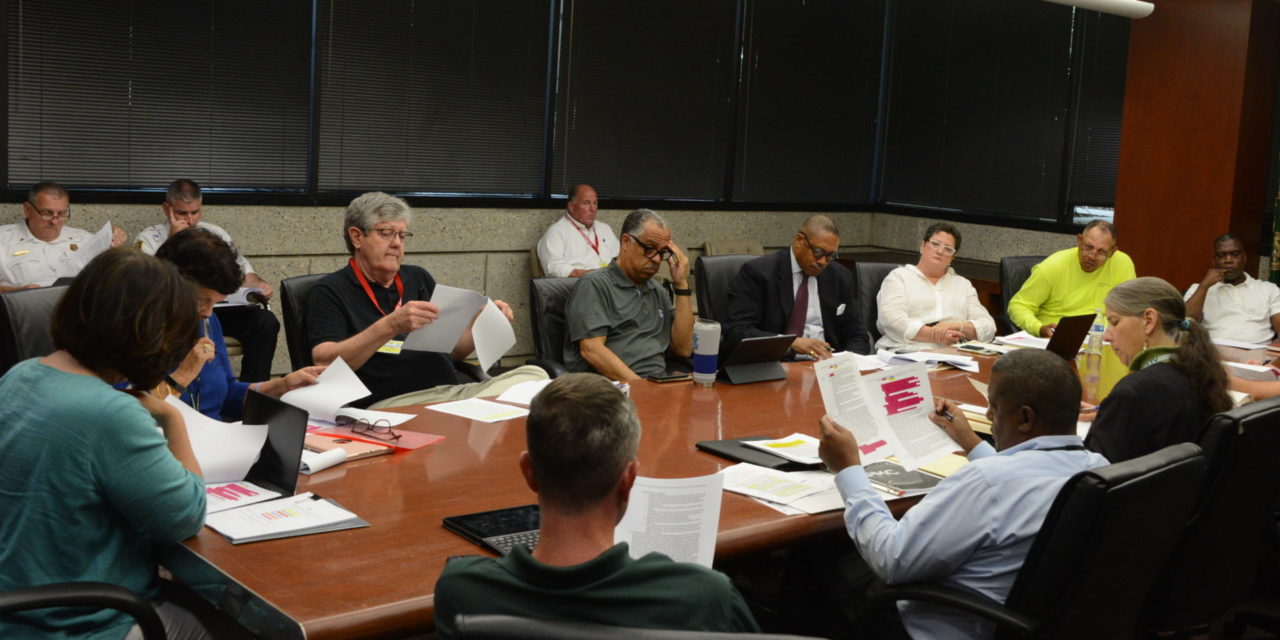It appears the “Good Repair” ordinance which has been on the City Council’s plate since February and is on the agenda for the Tuesday, July 16 City Council meeting is good to go.
That doesn’t mean that there will be no objection to the ordinance which will for the first time establish a building code for nonresidential structures in Greensboro.
But the so called “special interest group” that City Councilmember Justin Outling railed about at the June 18 City Council meeting and blamed for the one month delay, is in support of the latest version of the ordinance.
Outling never named the “special interest group” that he blamed for causing a month’s delay in getting the ordinance he has championed passed, but from his comments it was obvious he was talking about the Triad Real Estate and Building Industry Coalition (TREBIC).
TREBIC president Marlene Sanford said that her organization was supporting the good repair ordinance as it appears on the agenda. Sanford said if the City Council made significant changes to the ordinance at the meeting, that TREBIC would have to take another look at it, but all of the major concerns TREBIC had with the version of the ordinance on the June 18 agenda had been resolved.
Sanford said, “I think the industry can certainly live with this code now. We are grateful to the City Council for giving us the extra month so we could have the customary stakeholder input and we think it resulted in a much better code, and we are in agreement now.”
Some of the issues brought up by the stakeholder group were not matters of disagreement, but requests that the intent of the ordinance be clarified.
Representatives of TREBIC and other stakeholders also requested that potential detriment to an adjoining building be considered and that a section be added to ensure that the appearance of boarded up buildings be regulated.
The usual practice when the city is considering a new initiative that will have a major impact on a particular group, is to meet with the stakeholders, in the beginning to get feedback from those who will be most affected.
For some reason that was not done with the “Good Repair” ordinance which will have the biggest impact on those who own and manage nonresidential properties.
Before the June 18 meeting, TREBIC and other stakeholders lobbied hard for a one month delay, so that input could be provided.
During the month, the city staff met twice with representatives of TREBIC and other stakeholders to address their concerns.
A major concern that was worked out was that the June 18 ordinance held vacant buildings to the same standard as occupied buildings. In the current proposed ordinance vacant buildings have to be safe and not unsightly, but don’t have to be in a condition where a new tenant could immediately move in
Both Mayor Nancy Vaughan and City Councilmember Marikay Abuzuaiter who participated in the stakeholder meetings said they were pleased with the outcome of the one month delay.

